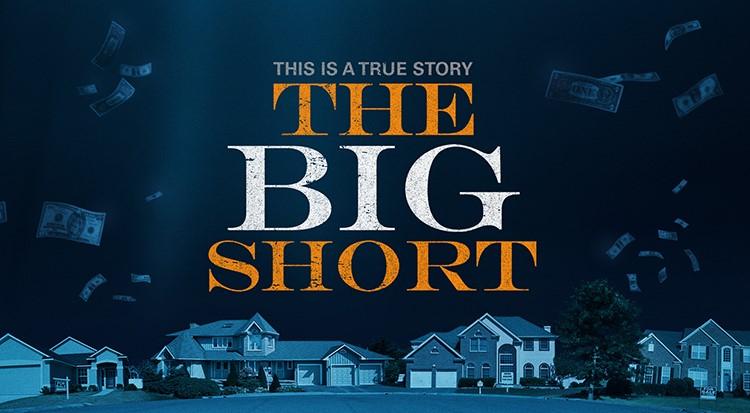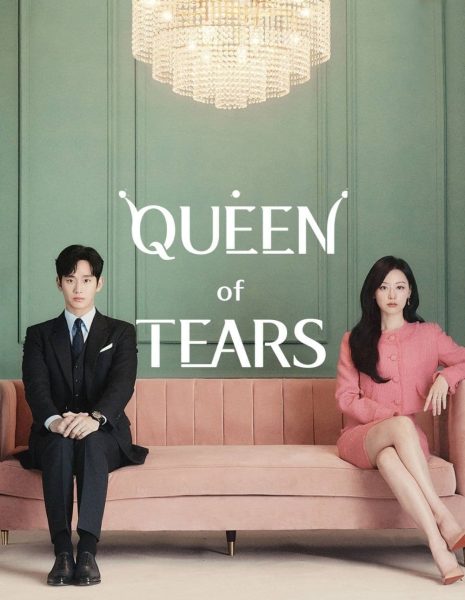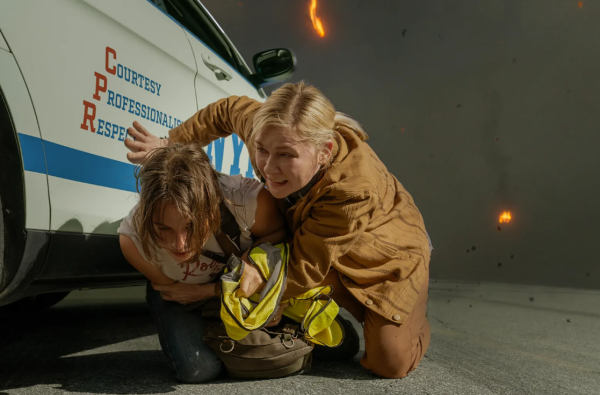The Big Short: A Financial and Moral Dilemma
Starring Christian Bale, Steve Carell, Ryan Gosling, and Brad Pitt, the recent biographical drama movie The Big Short captivated our full attention at first sight by its impregnable cast. After its premiere in theatres, however, it was more than certain that the plot based on a true story and the cinematic techniques employed slashed the possibility of it being merely a knickknack, and rendered this movie a worthy positive perception from the audience and critics.
Spoiler warning. In the movie, fund manager Michael Burry discovers the instability of the American housing market but almost no one believes him. He visits several banks to promote his idea of creating a credit default swap (CDS) market, which allows him to bet the market will collapse. From one of the banks, trader Jared Vennett encounters Burry’s proposal and he decides to partake in it. Later a misdialed phone call notifies another fund manager Mark Baum of the whole thing and he joins Vennett. Two investors Charlie Geller and Jamie Shipley discover a booklet that contains Vennett’s ideas. They also want to have a place in it and therefore, because of their inexperience, ask for help from a retired banker Ben Rickert. Baum then attends an economic forum where he meets a businessman who creates synthetic collateralised debt obligations (CDOs), a large-scale bet on loans overrated by dishonest rating companies. This may aggravate the plight of the housing market and result in a massive destruction of the American economy. Finally, the housing market collapses as predicted, allowing those who join the CDS to make a humungous profit, while leaving many others in despair.
“Do you have any idea what you just did? You just betted against the American economy.”
I cannot agree more with the critics’ consensus on Rotten Tomatoes that “The Big Short approaches a serious, complicated subject with an impressive attention to detail”. The movie producers have chosen the most suitable music to play and objects to display in the background, with a certain degree of subtlety. For example, the song Crazy by Gnarls Barkley is played quietly in the background when Baum is talking about the housing market. The line “does that make me crazy” matches perfectly with his thoughts. There is also a scene when Burry is talking over the phone receiving criticism about his idea, and two Chinese characters that read “restrain” “emotion” appear in a calligraphy work on the wall behind him, fitting Burry’s nonchalant disposition. It seems like everything in the movie is added for a reason.
The movie inevitably contains jargons that probably most people in the audience, being strangers to economics, do not understand. Rather than stuffing our heads with countless question marks, the movie producers invited celebrities and professionals to make a cameo appearance and define some terminologies. It is easier for us to follow what is happening and move on to the rest of the movie without any difficulty.
I also appreciate the way the movie producers injected notes of humour into the movie to dilute the dullness perceived by those who were not interested in economic topics. The characters sometimes turn aside to clarify some points they mention, often hilariously. Those who are not interested in financial topics will still be able to enjoy this movie.
In my opinion, the movie is just one step away from perfect. The excessive use of profanities throughout the movie and brief scenes of prostitution are hampering younger audience from exploring a profound and thought-provoking topic. If the use of mild language had been avoided, I believe that the movie would have been an even more successful one.
However you judge the movie, it certainly conveys a financial and moral dilemma – if earning money necessitates the suffering of others, should we feel comfortable with doing it?
Rating: ★★★★½ (4.5/5)

A twelfth-grader in St. George's School, Tommy Kuo landed in Vancouver, Canada last year with "a mixture of anticipation and apprehension." In school,...










